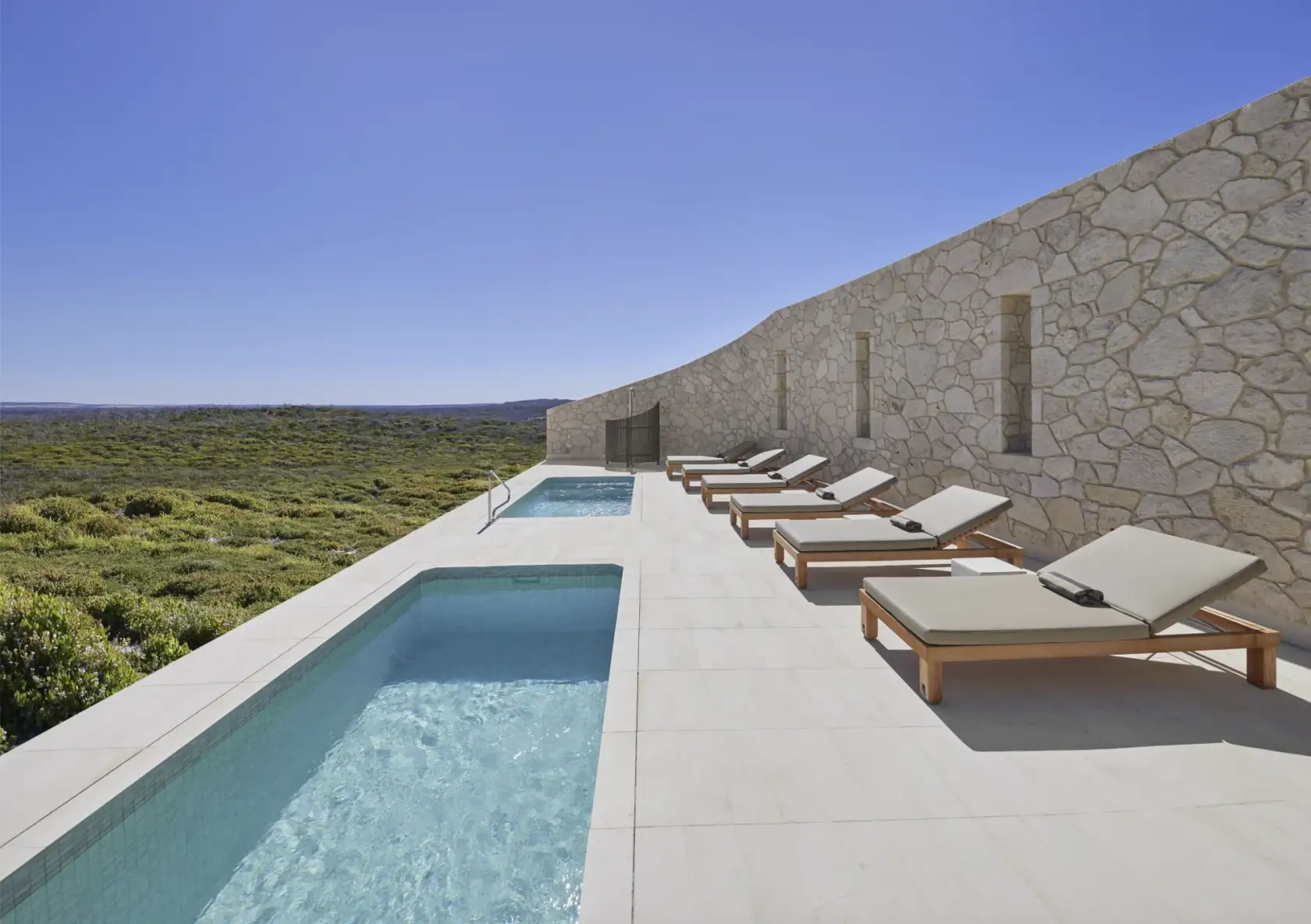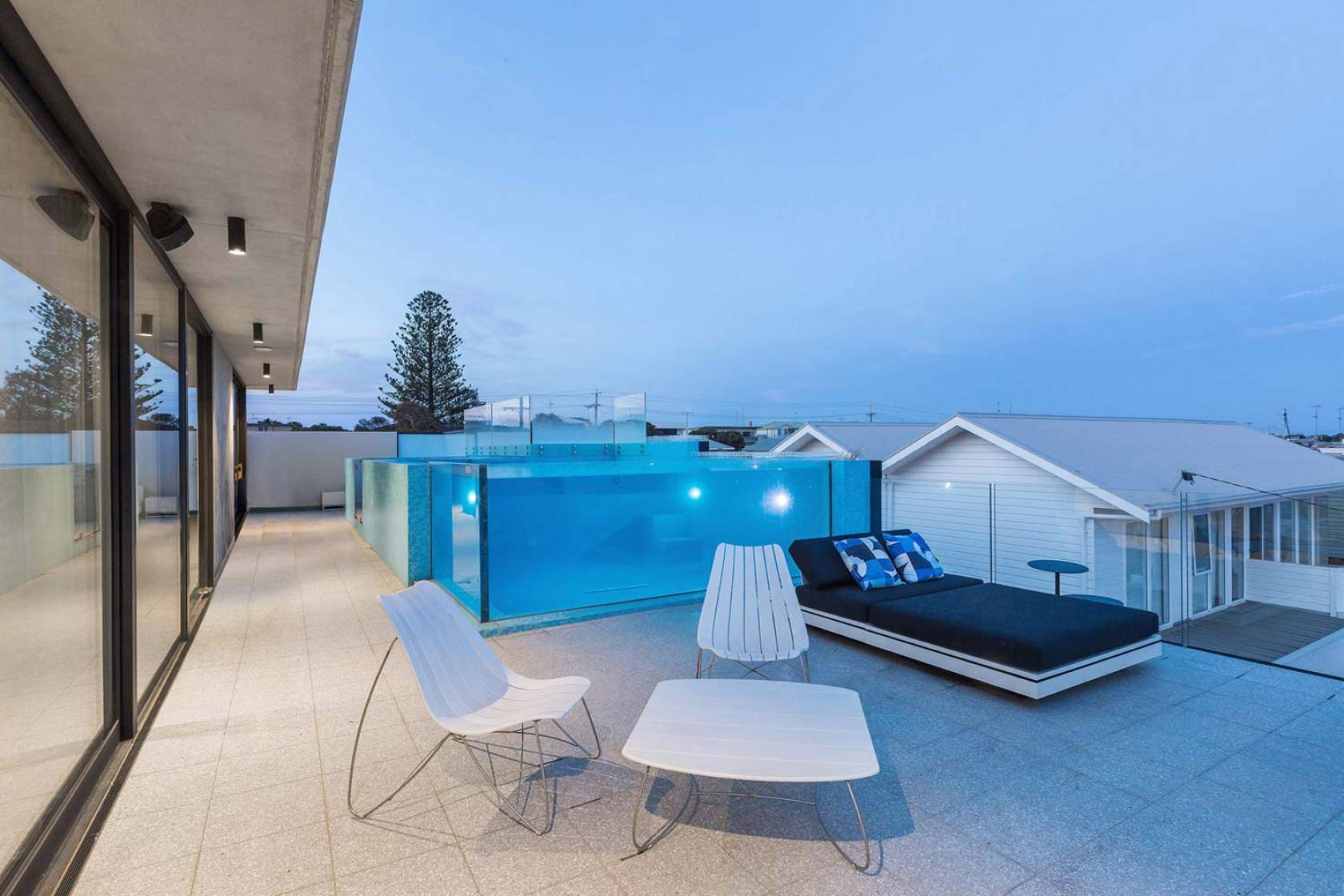

Which sanitiser should I use?
Sanitiser products remove viruses, bacteria and algae from pool water, creating a safe environment for swimming. Unless your pool features a specialist sanitisation system including saltwater, UV or ozone treatments, you’ll probably be using one of two chemicals: chlorine or bromine.
Though derived from the same chemical family, chlorine and bromine exhibit slightly different qualities and have distinct advantages and disadvantages, depending on your application. Read on for more advice.
Chlorine
By far and away the more popular choice for swimming pool applications, chlorine is also known as hypochlorous acid and is an effective sanitiser choice. It works by inactivating and killing pathogens like bacteria and viruses and is also capable of keeping algae at bay.
Chlorine is available in granular, tablet, liquid and gas forms. Tablets are typically added to an automatic chlorinator, a floating dispenser or the pool’s skimmer basket and dissolve in the pool water.
Granular chlorine is added directly to the water and is a little quicker to act than tablets, which must dissolve first. Liquid chlorine is also added directly to the pool water and is fast-acting but has a much lower shelf life than tablet and granular forms, meaning it can’t be stored for very long.
Chlorine gas is uncommon in residential applications due to its hazardous nature.
Chlorine pros
Economical
Effective
Easy to administer
Readily available
Can be stabilised when exposed to UV rays
Stable at lower temperatures
Chlorine cons
Requires frequent application
Harder to keep pH balanced
Can have a strong smell
Can cause skin and eye irritation to sensitive swimmers
Less effective at higher temperatures
Bromine
Bromine is not dissimilar to chlorine but is slightly more expensive. It works in much the same way as chlorine and is typically available in tablet and granular formats.
Bromine doesn’t smell as strongly as chlorine and is less likely to irritate sensitive skin and eyes. It is more commonly used in spa pools because it is more stable than chlorine in higher temperatures. It is less stable when exposed to UV rays, so it’s not necessarily a great choice for outdoor pools that are in direct sunlight.
Bromine pros
Effective
Requires less frequent application
Remains stable at higher temperatures
Easier to keep pH balanced
Less strong smelling than chlorine
Better for sensitive skin
Bromine cons
Requires frequent application
Harder to keep pH balanced
Can have a strong smell
Can cause skin and eye irritation to sensitive swimmers
Less effective at higher temperatures
If you’re unsure which option is best for you, speak with a pool professional to get some expert guidance. Your local pool shop or a SPASA accredited technician can give you all the advice you need.
